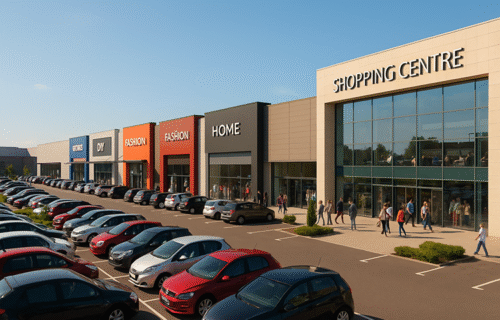The European retail real estate sector continued to show steady improvement in Q3 2025, supported by stronger consumer fundamentals, easing inflation and increased market stability, according to the Focus Estate Fund Quarterly Litmus Paper, Q3 2025 .
Leasing activity remained strong across most EU markets, with demand led by occupiers in sporting goods, athleisure, DIY, home-related categories and fashion. Retail parks again outperformed other formats, maintaining very low vacancy rates due to persistent occupier demand and limited availability. Both high street and retail park rents continued to edge upward as expansion plans accelerated.
On the investment side, overall Q3 transaction volumes were moderate, but market sentiment improved as stabilised ECB rates helped restore liquidity. Several countries recorded a continued alignment of prime yields for retail parks and shopping centres, signalling a narrowing gap in pricing expectations. Convenience-driven assets remained particularly attractive to investors in Spain, Germany and the UK, where yields for these formats continued to outperform traditional gallery-style retail.
Charts included in the report show varied performance across Europe. Poland, Italy, Portugal and the Czech Republic experienced noticeable swings in retail investment volumes over recent quarters, while Spain, France, Germany and the UK showed more mixed patterns, including several sharp movements in both directions. Yield levels across markets mostly remained within the 5–7 percent range, depending on asset type and location.
Macroeconomic data in the report indicates that the broader environment remained supportive in Q3. Spain, Poland and the Czech Republic recorded the strongest GDP growth, while inflation continued to ease across most markets. Unemployment rates differed significantly—ranging from 2.8 percent in Poland to 10.5 percent in Spain—but labour market conditions overall continued to support retail spending and occupier demand.
The outlook in the report suggests that stable interest rates, improving sentiment and a gradual return of liquidity are likely to contribute to further yield compression and increased investment activity going into 2026. Retail parks are expected to remain one of the most competitive segments due to their resilience, cost efficiency and consistently high tenant demand.
Source: Focus Estate Fund
